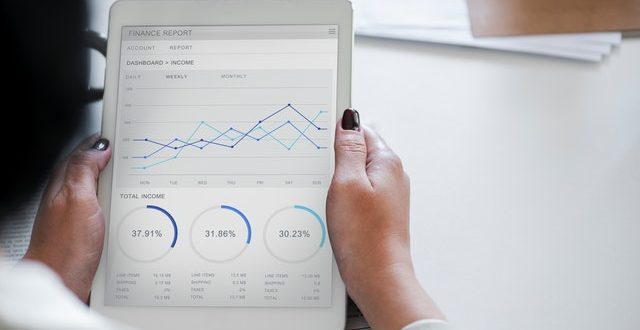As you’re probably aware, a poor credit rating can limit financial options in your personal and professional life. The truth is, banks, lenders, and other vendors see a number generated by a system. So, no matter how good your reason for having a low credit score is, it most cases, it won’t matter to them. This could spell disaster for your business if it relies on credit for inventory and other supplies. But just how damaging is bad credit for your business and how do you fix it? Let’s take a look at some things you can do.
Know and Understand Your Credit Score
Believe it or not, some people don’t even know or understand their credit score. And, even if you know your actual number score, have you checked your full credit report? Unfortunately, not knowing what’s on that report is one way to damage your credit and set you back in business.
I recommend obtaining a full credit report, so you can check for mistakes, old data, or fraudulent accounts. And, yes, these things do happen, and they happen frequently. If you’ve established business credit that is under a corporation, this will be separate from your personal credit. However, there still could be some crossover accounts. While your personal score might be taken into account, your business credit rating is the most important when it comes to having options for running your business.
Poor credit (business and personal) can leave you unable to invest in your business or borrow when cash is scarce. Lenders will check your score at the beginning of the application process. Though they may not automatically deny you credit for a low score, it will certainly affect aspects of the loan, including the length of the term, payments, interest, and grace period.
How Your Score is Calculated?
Your business’s credit rating is calculated by taking into account numerous factors, and about 90% of lenders use the Fair Isaac Corporation or FICO score. A bad credit score is typically 629 or less, according to FICO, an organization that determines credit scores with industry-specific scoring systems. If you’re wondering how each part of using credit affects your score, here are the percentages: 35% payment history, 30% amount owed, 15% length of history, 10% new credit, 10% types of credit.
Getting the Loan You Need
A poor credit rating can hinder your chances of getting a business loan. Mainstream lenders, like banks, will be the hardest to lend from in the case of a low credit score. Though, they might look at other criteria if you’ve been in business for a while. Of course, you can try to go to your bank, but know that every time you seek credit or a “hard credit inquiry” is performed it can lower your existing credit score even more. So, obviously, if you try multiple sources, you could be shooting yourself in the foot. Go for a bank or lender that tends to be more lenient and offer the best chance for approval. That said, you will likely pay a higher interest rate for this type of loan.
Know Your Options
If you don’t qualify for a short term bank loan, consider other sources, such as companies that specialize in helping you build up your credit. These types of loans are primarily available to businesses with good inventory turnover or valuable business assets. They likely will ask for some type of collateral and a higher interest rate will be attached to short term loans. Do your homework with this one. You don’t want to end up paying more than you have to for a loan.
Know that a high-risk loan isn’t the only way to bring in cash if you’re credit is less than perfect. Some other options include government business grants, a business cash advance, a guarantor loan or equity crowdfunding. Consider each option carefully as it pertains to your business and your future.
Get Professional Help
Before signing up for a high-interest loan, I recommend consulting with a business finance expert or accountant. It’s possible you may not need the loan, after all. Finance pros know how to squeeze every dollar out of a finance plan. Perhaps there is some extra inventory you could move quickly or some areas to tighten up. Sometimes, even flash sales and events can generate enough income to get a business through a tough period.
Final Tips
Overall, keeping a business going is a challenging pursuit even with good credit. Consider how much more difficult it could be without having financial resources, such as loans, credit with vendors, or other lending options. Know that you can also improve your credit by being aware of how it works. Clean up your credit as you can by paying loans early and only using it when you absolutely need it. This might take some time, but steadfast work toward your goal of improving your score is worth it.
 Women's Life Link Be Well, Be Happy, Be YOU!
Women's Life Link Be Well, Be Happy, Be YOU!







